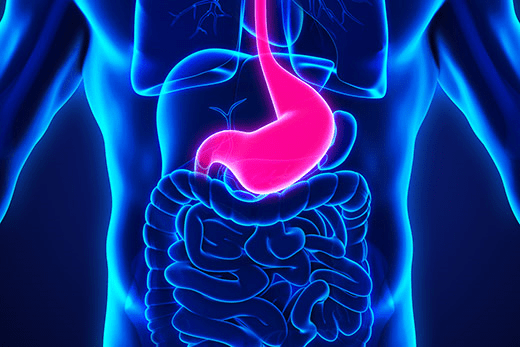I read with great interest this study by Khashab MA et al, titled “Gastric per-oral endoscopic myotomy (POEM) for refractory gastroparesis: results from the first multicenter study on endoscopic pyloromyotomy” and published in the journal of Gastrointestinal Endoscopy. The authors analyze the outcome of endoscopic pyloromyotomy in 30 patients with refractory gastroparesis.
The technique is adopted from POEM procedure used for achalasia treatment. It is an endoscopic intra-mural approach to cutting the pyloric sphincter muscle in hope of promoting gastric emptying. This approach while appealing and apparently feasible is not likely to improve gastroparesis. The authors, however, report that around 80% of patients had improvement or normalization of their gastric emptying rates.
Gastroparesis is a poorly understood gastro-intestinal motility disorder with no clear treatment guidelines. Drainage procedures in the form of a pyloroplasty or gastro-jejunostomy rarely works. Unless gastric motility is partially or completely restored, physical drainage of gastric lumen by widening the gastric outlet is unlikely to resolve symptoms.
We have developed a laparoscopic procedure that entails resecting the greater curvature of the stomach while preserving the antrum for treatment of severe refractory gastroparesis. The procedure is similar to a sleeve gastrectomy and does not alter gastric outlet size or function. Our success rate has been very high in our series of 10 patients. It is possible to restore gastric motility by resecting the greater curvature. Endoscopic procedures are quite attractive. If, however, they don’t make sense from a pathophysiologic point of view, they are not likely to work. There is a general trend these days to rapidly adopt new endoscopic approaches. Endoscopic surgery is least invasive but not necessarily most effective. G-POEM while feasible and safe is not likely to be a solution for gastroparesis.

